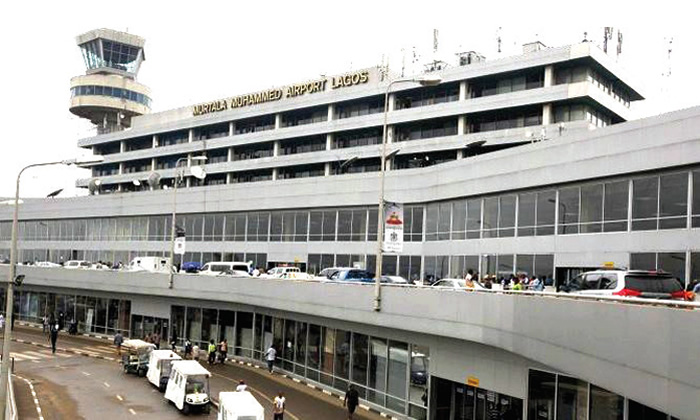The recent uproar over the planned ₦712.26 billion ($445 million) upgrade of Terminal One at Murtala Mohammed International Airport (MMIA), Lagos, has reignited debates on transparency, fiscal discipline, and whether Nigeria’s infrastructure priorities align with the realities of economic hardship.
What could have been a smooth infrastructure milestone has instead morphed into a political and public relations crisis — one that critics say could have been avoided if due process had been strictly followed.

The Contract Under the Spotlight
Awarded to China Civil Engineering Construction Corporation (CCECC), the project’s procurement process remains shrouded in mystery. While the Federal Government has defended the cost as necessary for a complete structural overhaul, it has offered little clarity on whether the contract went through a competitive, transparent bidding process.
Aviation and Aerospace Development Minister Festus Keyamo says the overhaul will strip the old terminal to its bare structure, replacing mechanical, electrical, and plumbing systems to meet modern international standards. The upgrade also includes:
- Expansion of Terminal Two
- Construction of a new apron
- Two ring roads for airport access
- A bridge linking directly to Terminal Two’s Departure Lounge upper floor
Keyamo insists the project is funded from savings generated by the removal of petrol subsidies and the naira devaluation.

Critics Question Legitimacy
The African Democratic Congress (ADC) has led the charge against the project, accusing the government of bypassing the National Assembly. They say the nearly trillion-naira expenditure was neither in the approved budget nor subjected to legislative scrutiny.
Their argument is blunt: in a period marked by economic hardship, hunger, and insecurity, spending this much “without appropriation, without scrutiny, and without the consent of the people’s representatives” is reckless.

Global Benchmarks vs Nigeria’s Costs
Large-scale airport projects are capital-intensive, and global costs vary widely:
- New Angolan international airport – $3.8 billion (two runways, three terminals)
- Brisbane Airport expansion, Australia – $3.3 billion
- Viracopos International upgrade, Brazil – $4.62 billion
- Vaclav Havel Airport Terminal 2, Czech Republic – $1.19 billion
- Dallas-Fort Worth Terminal, USA – $4.8 billion
- Al Maktoum International Airport, Dubai – $32 billion (200m passenger capacity)
- Beijing Daxing International, China – $17 billion
While Nigeria’s $445 million figure may appear modest against these mega-projects, critics note that transparency — not just cost — is at the heart of public concern.

A Long History of Expansion
MMIA, originally Lagos Airport during World War II, was modelled after Amsterdam’s Schiphol Airport and opened in March 1979 with a 200,000-passenger capacity. By 2024, it handled 6.6 million passengers.
Past administrations have attempted upgrades. In 2010, the Goodluck Jonathan administration secured a $500 million Chinese loan for five new international terminals, including MMIA’s passenger terminal. Former President Muhammadu Buhari commissioned the new Lagos terminal in March 2022, but the original structure — with failing conveyor belts and air-conditioning systems — remains overdue for modernisation.
Public Trust and Sustainability
Analysts argue that without a full cost breakdown, public suspicion will persist. Every kobo must be accounted for to restore confidence, especially given Nigeria’s record of abandoned or underperforming capital projects.
For the MMIA upgrade to deliver value:
- Connectivity must be seamless — passengers should not have to exit the premises for flight transfers.
- Stakeholder engagement is vital — airlines and airport operators should shape the renovation plan.
- Sustainability must be guaranteed — with a clear strategy for recouping public investment.
Airports, they say, should function as hubs of tourism, logistics, and hospitality — not just departure and arrival points.

The Case for Privatisation
Some experts argue that the most efficient solution is to take MMIA out of government hands altogether. Former UK Prime Minister Margaret Thatcher privatised Heathrow Airport in 1987, a move that transformed its operations.
Whether through concession to private operators or outright sale, proponents say privatisation could deliver the management discipline, cost efficiency, and service quality that public administration has repeatedly failed to provide.
For now, the ₦712bn Terminal One overhaul remains both a litmus test of the Tinubu administration’s commitment to fiscal responsibility and a symbol of the persistent gap between Nigeria’s infrastructure ambitions and its governance culture.




